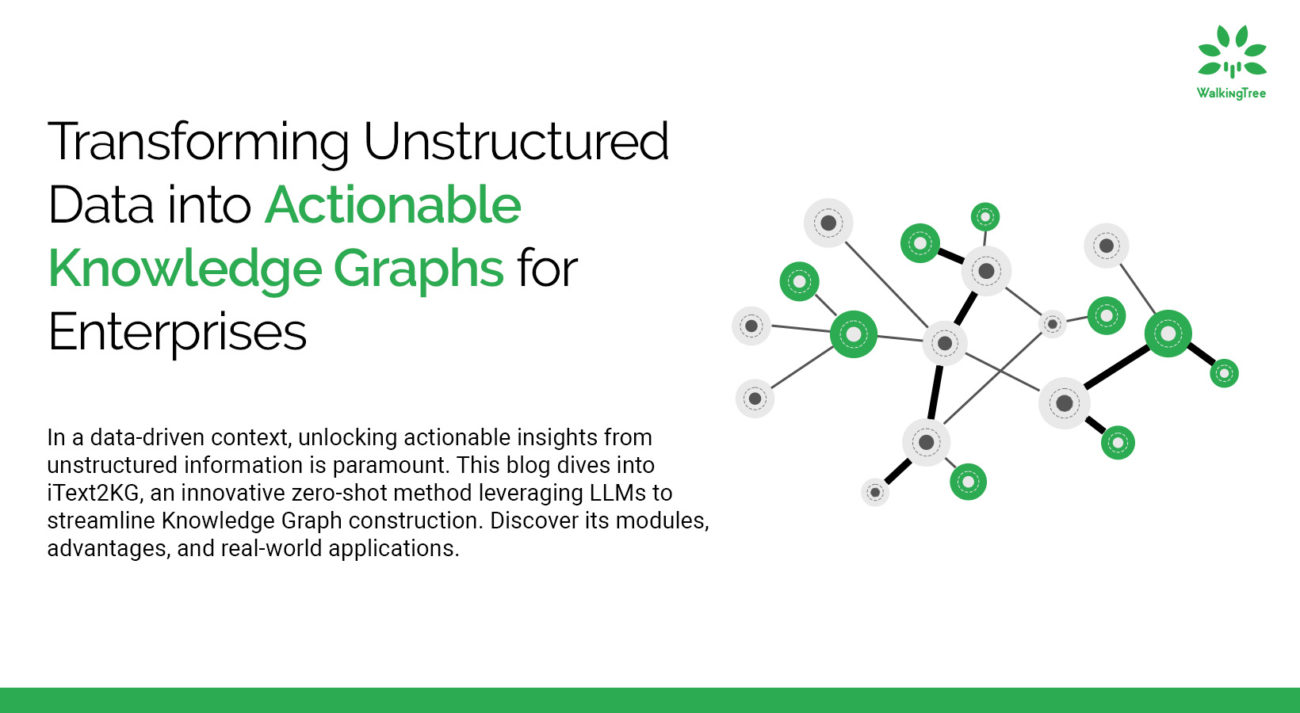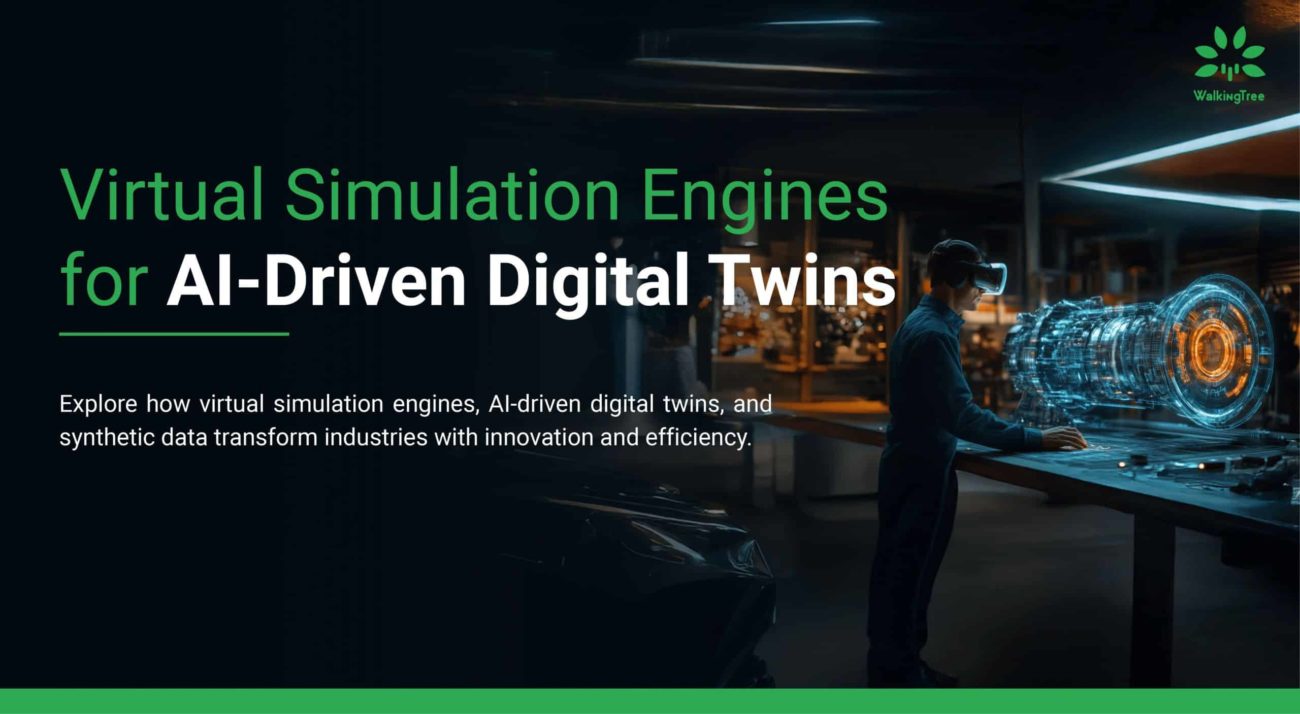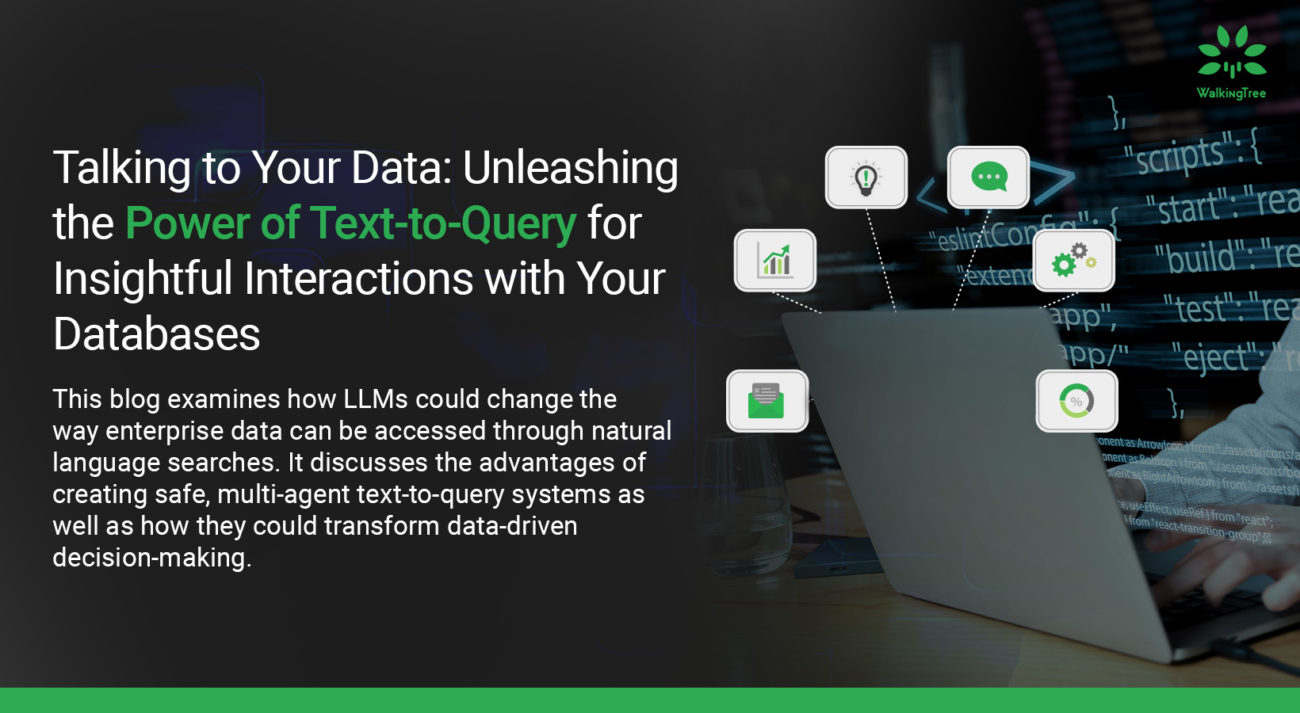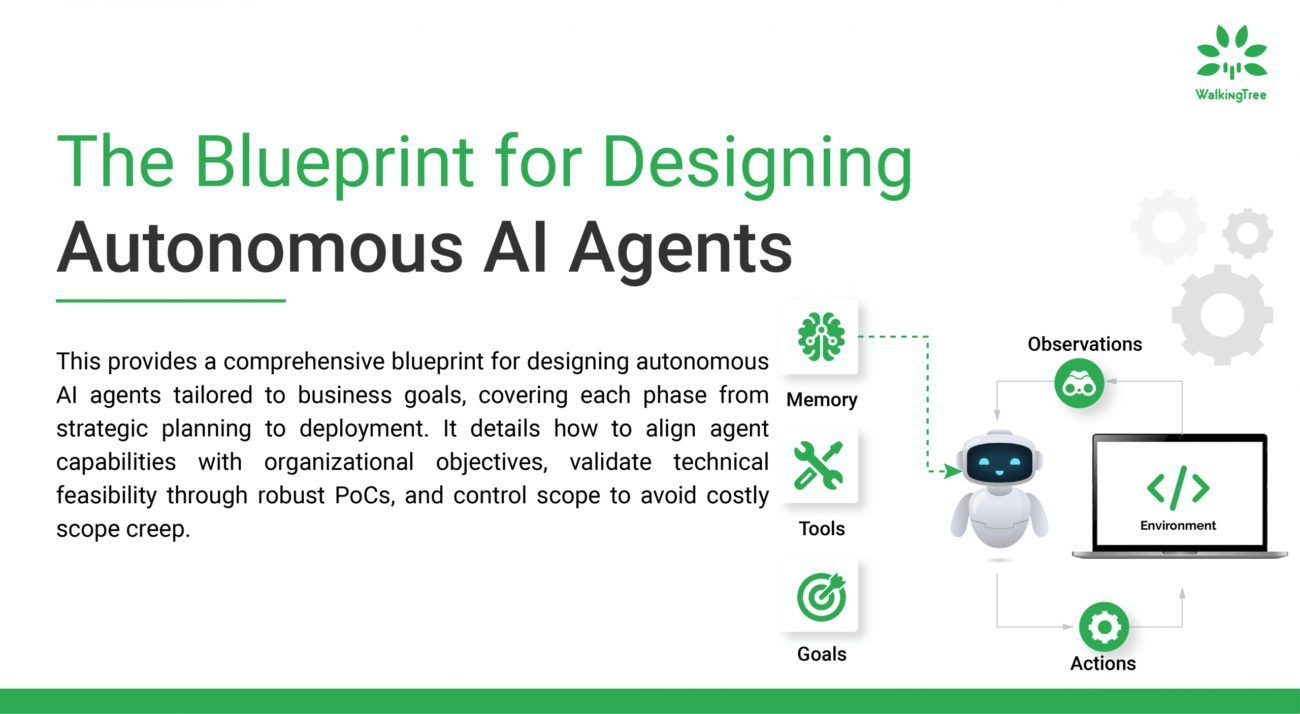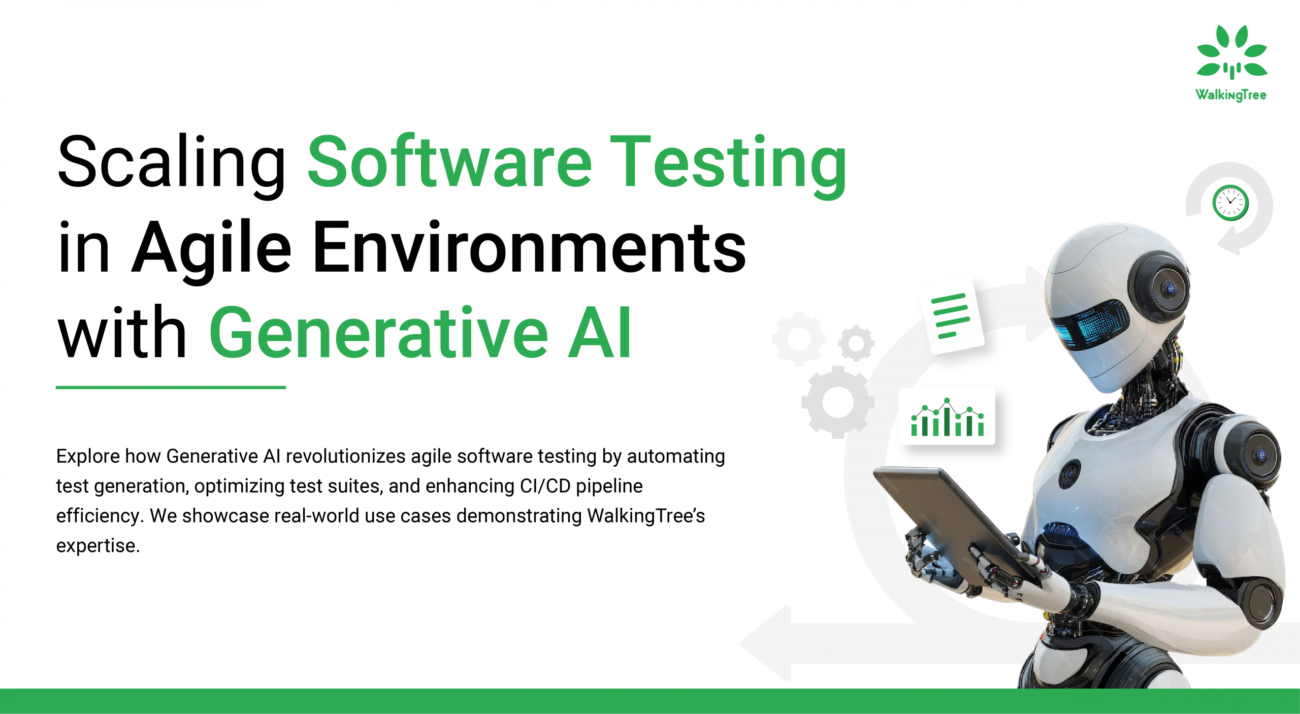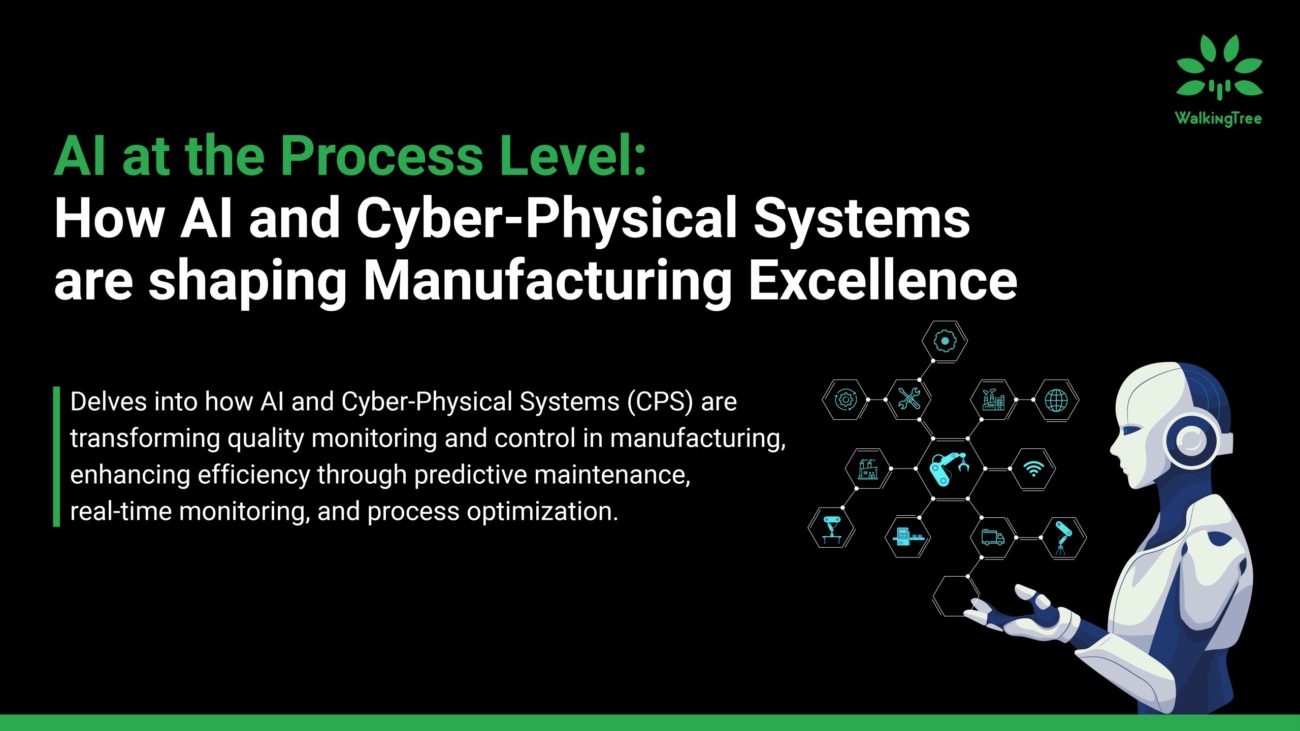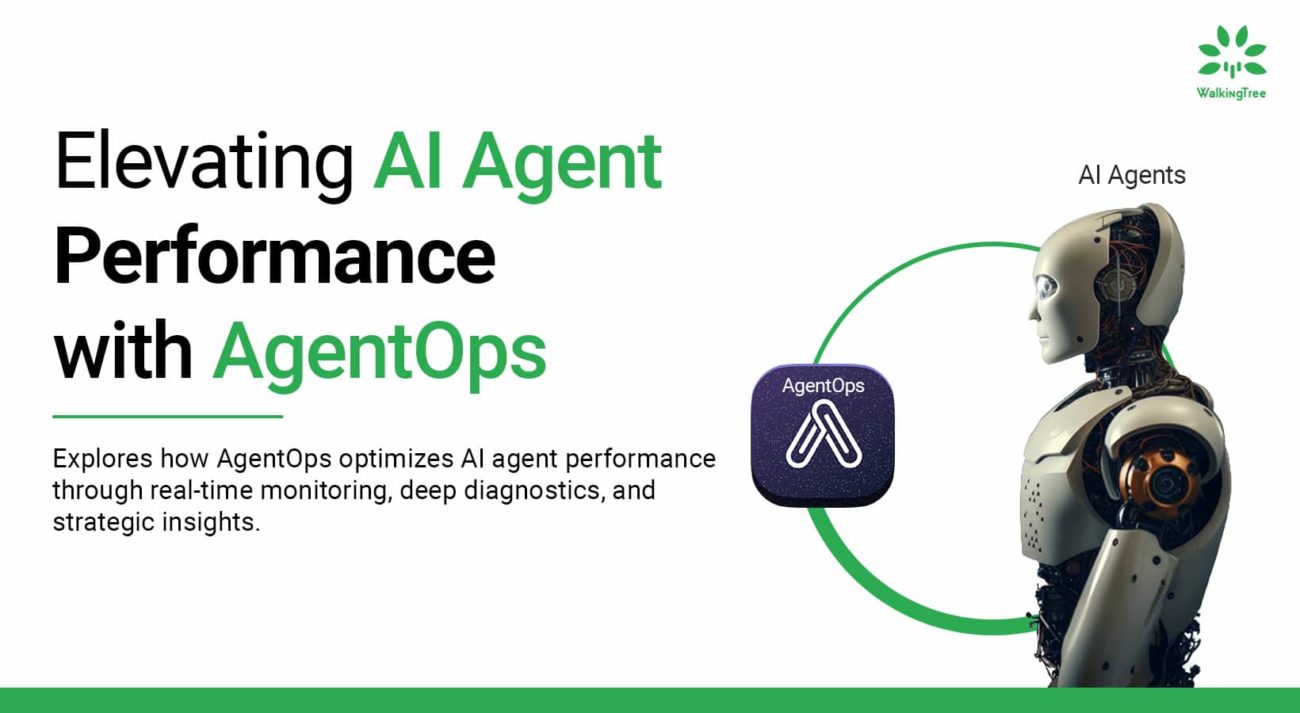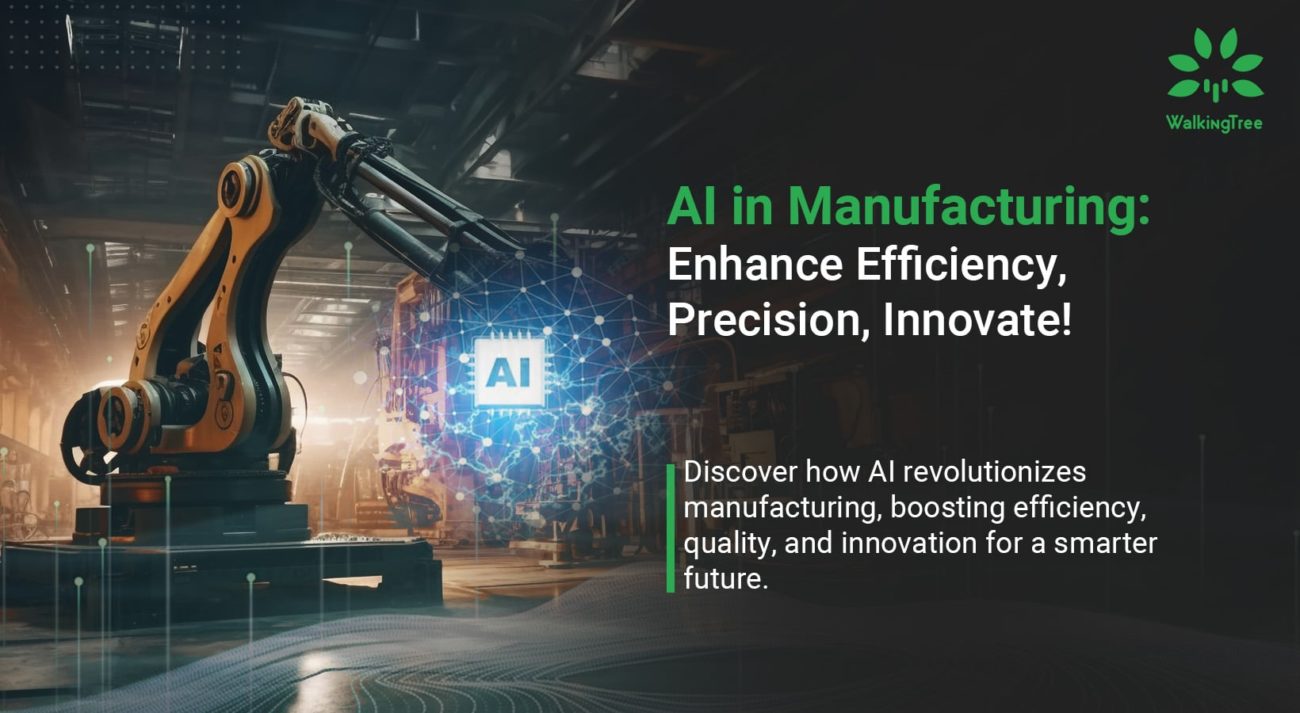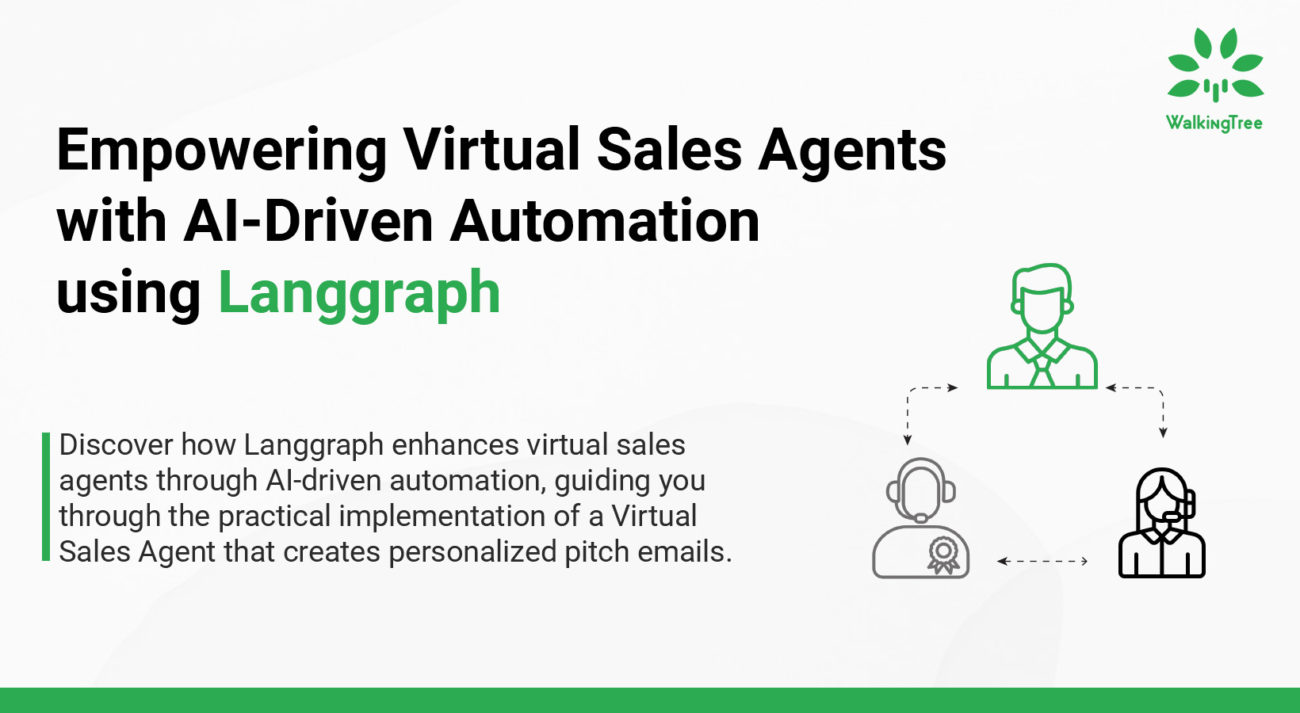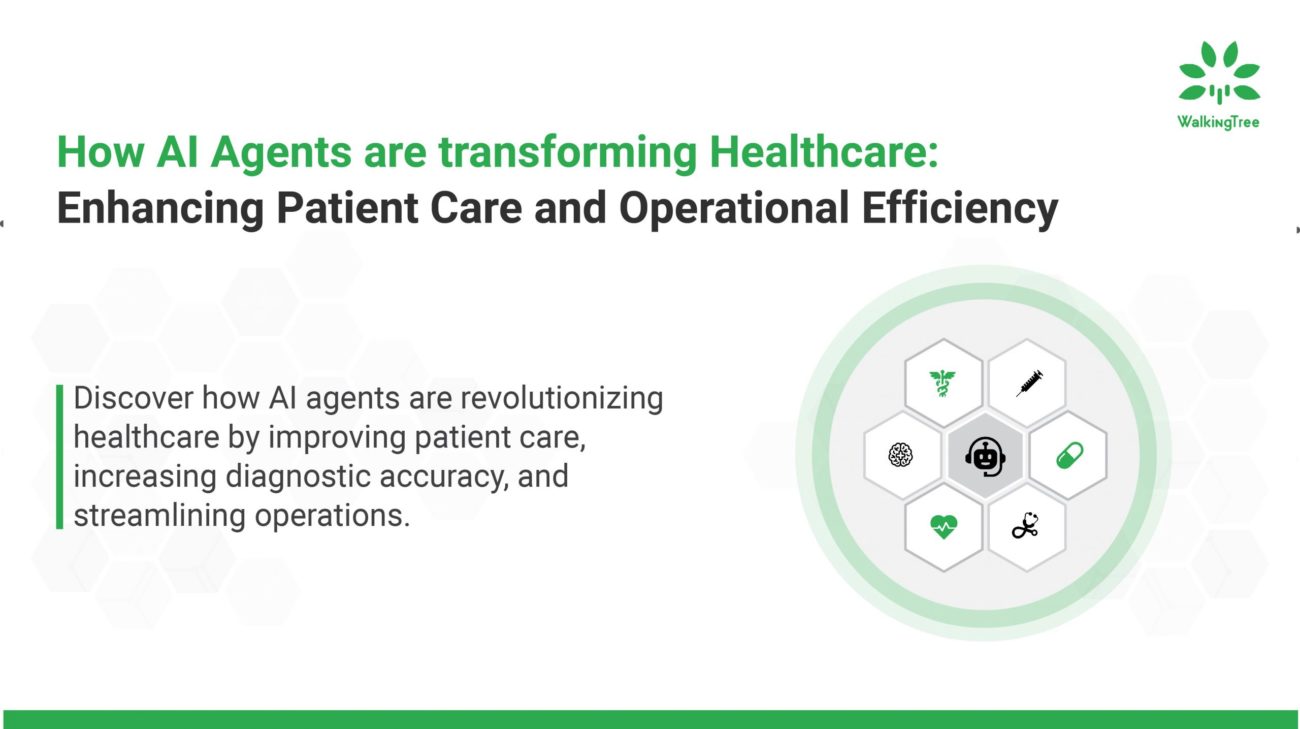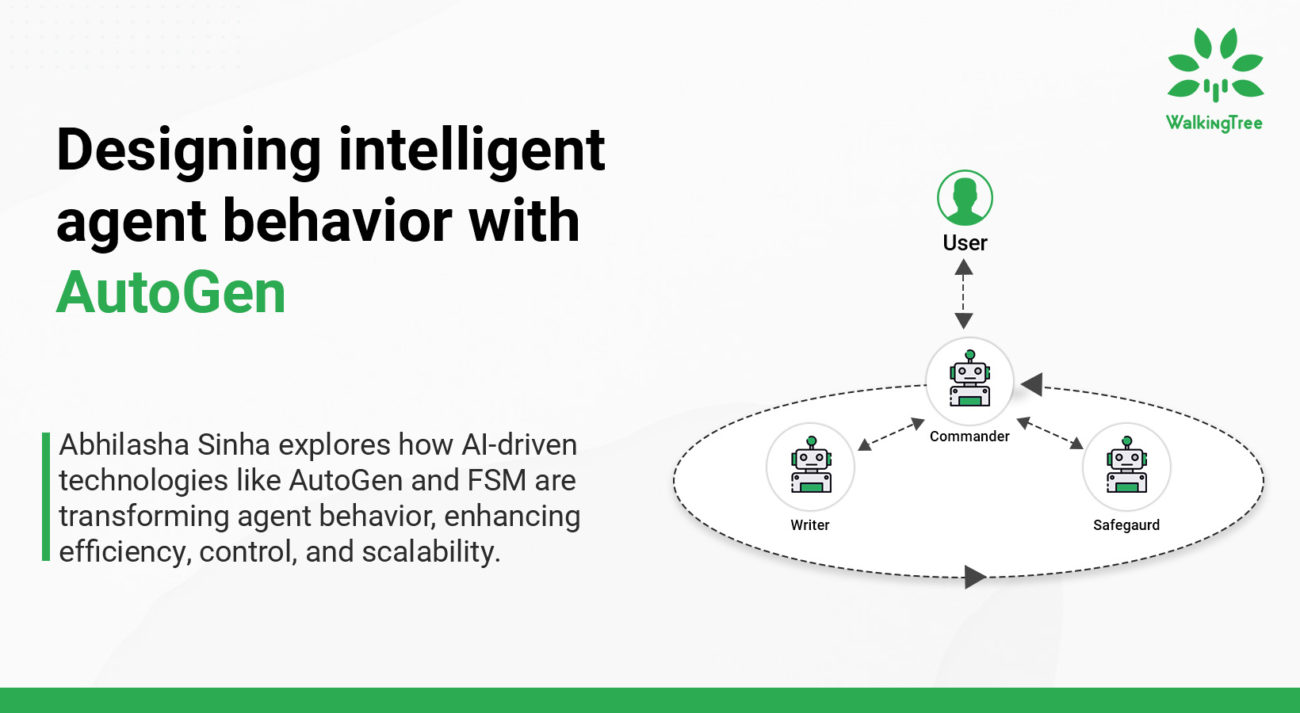Driving success in AI Development through DevOps excellence
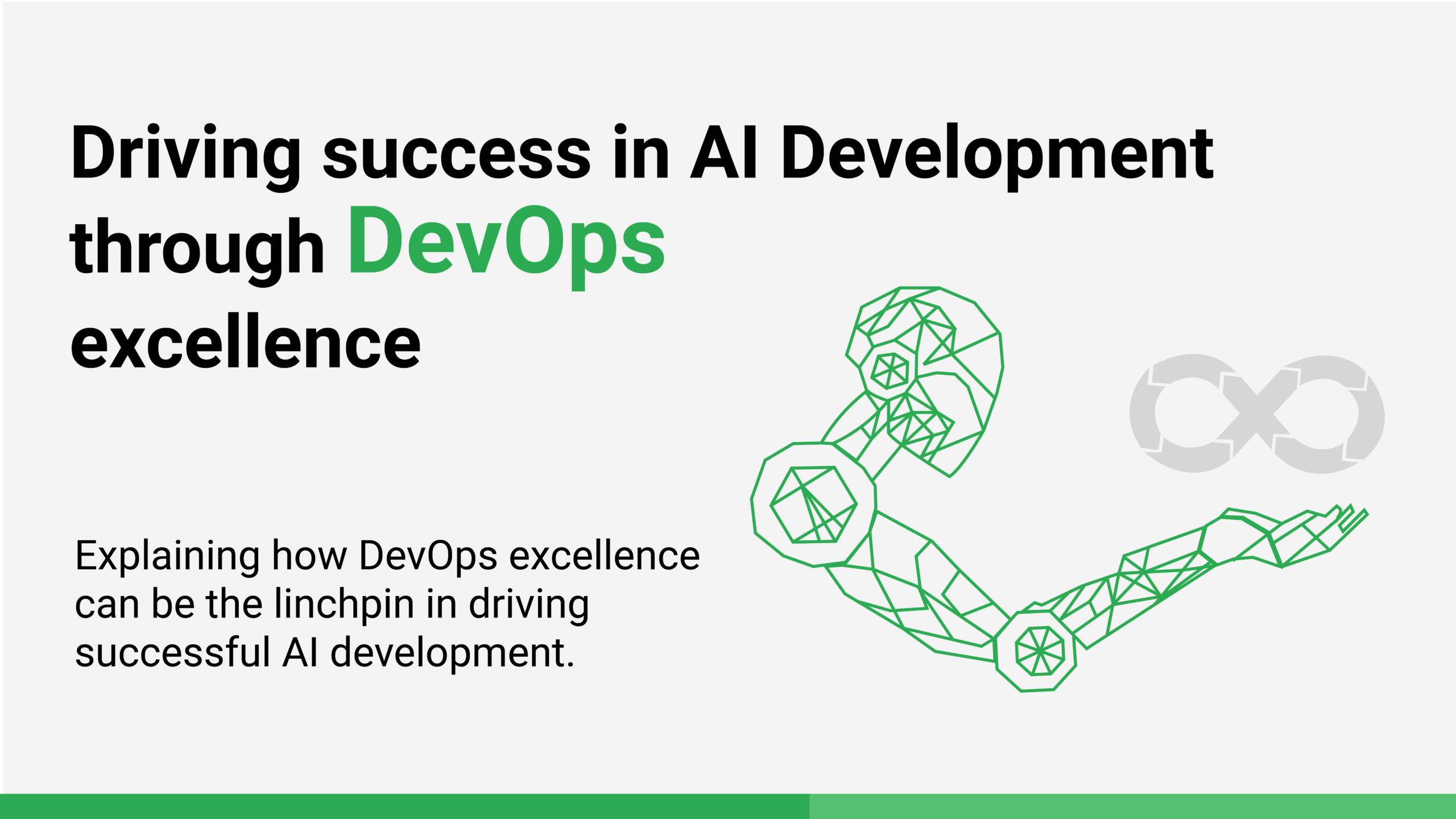
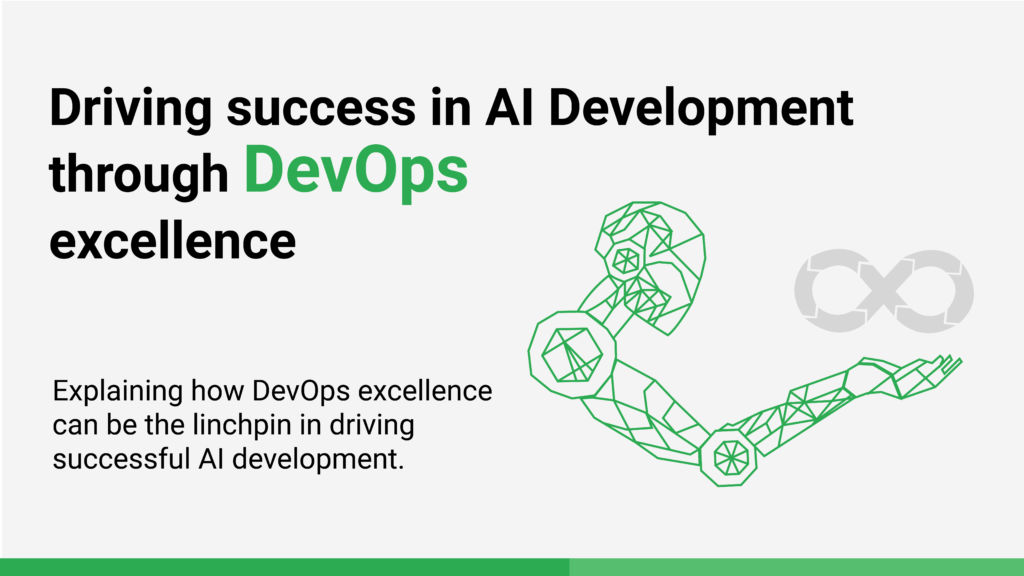
The unique advantages of integrating DevOps methodologies into AI projects cannot be overstated. With a focus on advanced practices such as Continuous Integration/Continuous Deployment (CI/CD) tailored for AI, automated model validation, and rigorous testing frameworks, we will explore how DevOps not only streamlines the AI development process but also enhances the reliability, scalability, and efficiency of AI solutions.
As AI systems become increasingly intricate, the necessity for a robust framework that can accommodate this complexity is undeniable. Let’s dig deeper into how DevOps excellence can be the linchpin in driving successful AI development.
|Advanced Continuous Integration and Delivery in AI
The unique challenges of AI – such as model versioning, data dependency management, and automated model validation – demand a refined approach to CI/CD. This section delves into sophisticated techniques like automated pipelines specifically tailored for machine learning workflows, the integration of specialized tools for handling large datasets and model binaries, and the adoption of containerization and orchestration technologies. These practices are not mere enhancements but essential components that underpin the agility, reliability, and efficiency of AI systems in production environments.
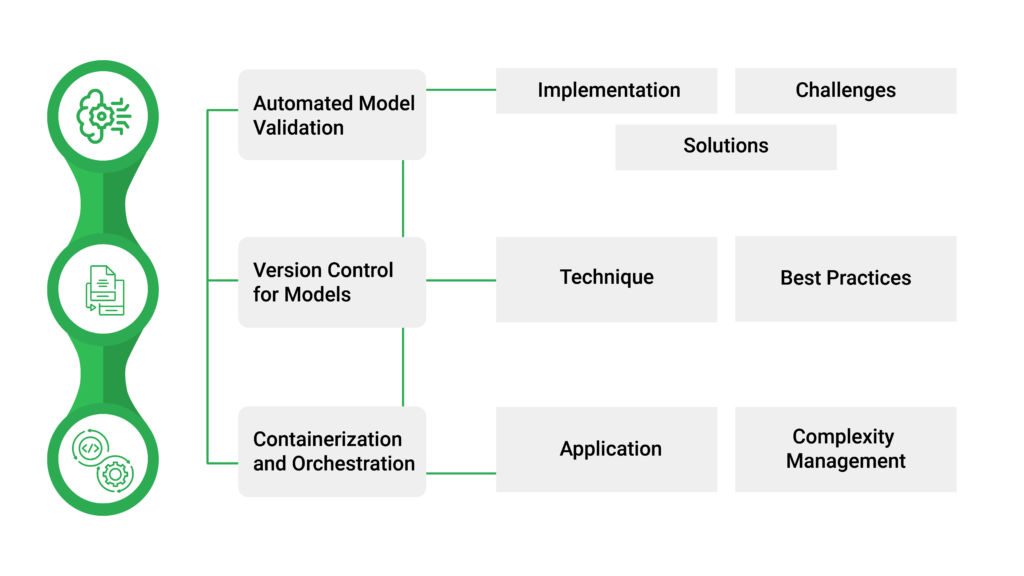
Automated Model Validation
- Implementation: Integrating tools like Jenkins or CircleCI to automatically trigger model training and evaluation pipelines upon code or data changes.
- Challenges: Addressing issues like model drift, data quality, and the computational cost of retraining.
- Solutions: Using techniques like A/B testing, shadow mode, and canary releases to validate model performance in production-like environments.
Version Control for Models
- Technique: Extending traditional Git workflows to handle large data sets and model binaries using Git LFS (Large File Storage) or DVC.
- Best Practices: Maintaining separate branches for data, models, and code to efficiently manage dependencies and track changes.
Containerization and Orchestration
- Application: Deploying AI models using Docker containers to ensure consistency across development, testing, and production environments.
- Complexity Management: Utilizing Kubernetes for orchestrating these containers, especially for complex AI applications that require scalability and high availability.
|Rigorous Testing Frameworks for AI Applications
Traditional software testing methodologies fall short when applied to the nuanced and dynamic nature of AI systems, where aspects such as data integrity, model accuracy, and algorithmic reliability are paramount. Exploring advanced concepts such as automated testing pipelines tailored for AI models, the intricacies of validating data and algorithmic integrity, and the implementation of continuous feedback mechanisms, are some of the aspects we will cover here.
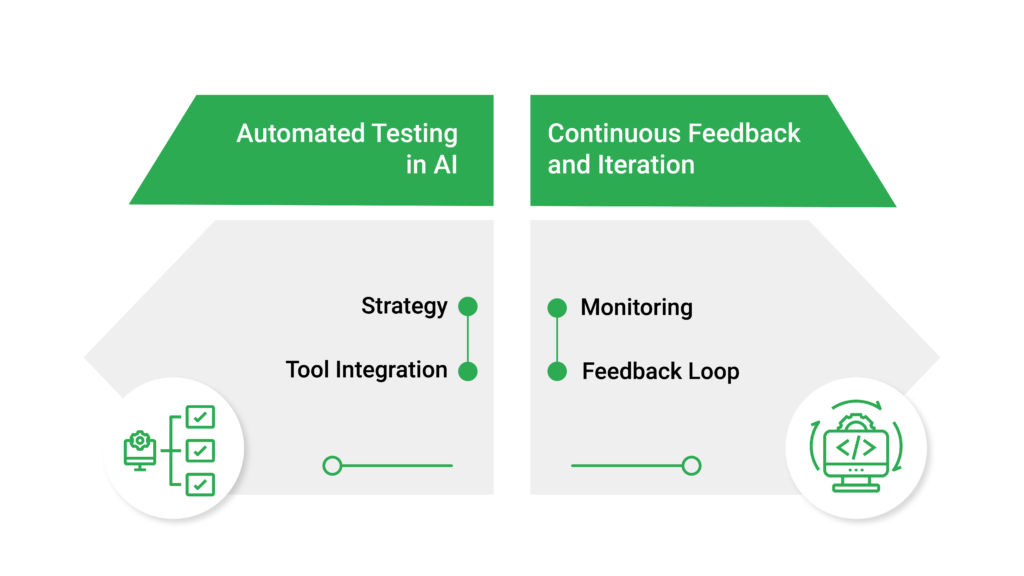
Automated Testing in AI
- Strategy: Implementing a multi-tier testing strategy that includes unit tests for individual components, integration tests for data pipelines, and end-to-end tests for the entire AI application.
- Tool Integration: Using pytest for writing and executing tests, and integrating with CI tools for automated testing.
Continuous Feedback and Iteration
- Monitoring: Implementing real-time monitoring using tools like Prometheus or Grafana to track the performance of AI models.
- Feedback Loop: Establishing a feedback loop where operational data
|Leveraging Infrastructure as Code (IaC) for Scalable AI
The ability to rapidly scale and adapt infrastructure is a critical success factor for many domains. This is where Infrastructure as Code (IaC) becomes a game-changer, transforming the way AI applications are deployed and managed. In this section, we will explore how IaC, a cornerstone of modern DevOps practices, is instrumental in building scalable, flexible, and robust AI environments. By treating infrastructure provisioning and management as code, IaC allows for automated, repeatable, and error-free deployment of complex AI systems, addressing the unique demands of AI workloads.
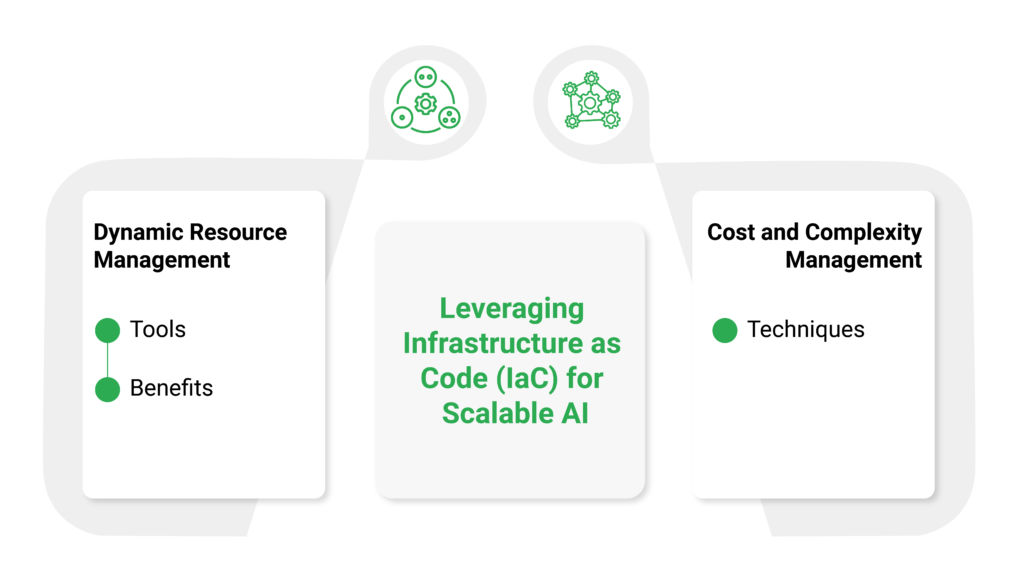
Dynamic Resource Management
- Tools: Using Terraform or AWS CloudFormation for defining and provisioning cloud infrastructure as code.
- Benefits: Enabling rapid scaling of resources in response to the needs of AI workloads, while maintaining consistency and repeatability in infrastructure deployment.
Cost and Complexity Management
- Techniques: Implementing auto-scaling and spot instances to optimize costs. Utilizing container orchestration for efficient resource utilization.
|Integrating Security and Compliance in AI Development
With the growing emphasis on data privacy and security, ensuring that AI applications are developed in compliance with regulatory standards is paramount. DevOps integrates security practices into every phase of the development process, from initial design to deployment. This approach, often referred to as DevSecOps, helps in identifying and mitigating security risks early in the development cycle. By prioritizing security and compliance, DevOps ensures that AI applications are not only effective but also trustworthy and reliable.
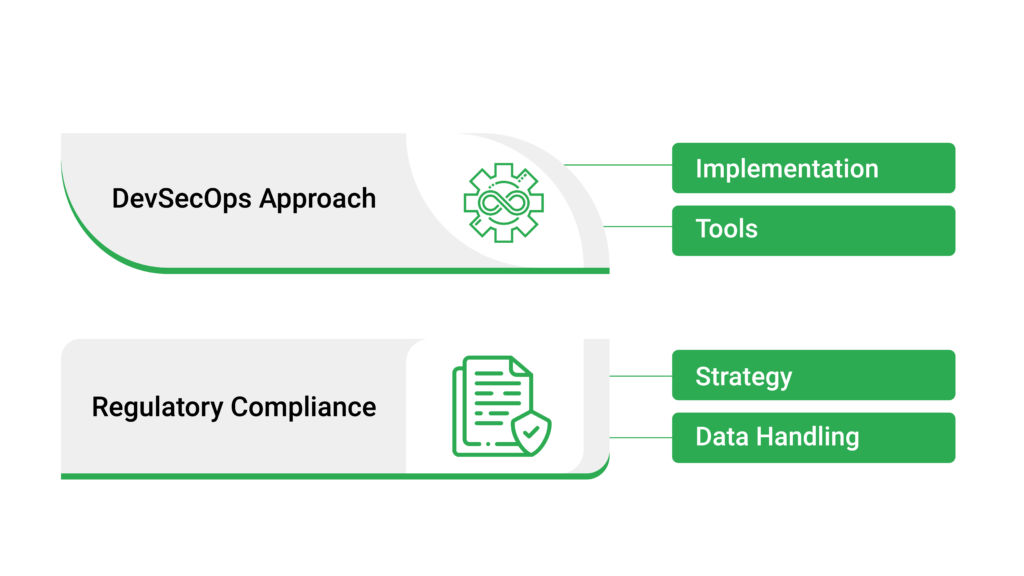
DevSecOps Approach
- Implementation: Embedding security practices at every stage of the AI development process, from data collection to model deployment.
- Tools: Incorporating static code analysis tools like SonarQube, and using automated scanning tools for container images.
Regulatory Compliance
- Strategy: Ensuring AI models comply with regulations like GDPR or HIPAA by incorporating privacy-by-design and conducting regular compliance audits.
- Data Handling: Implementing encryption, both at rest and in transit, and using secure access controls to manage data and model access.
|DevOps best practices in AI projects as a key differentiator now
As we navigate the intricate interplay between AI development and operational efficiency, it becomes clear that DevOps is not just an added layer; it’s a fundamental component of modern AI initiatives. These practices are pivotal in fostering a culture of efficiency, innovation, and continuous improvement, crucial for staying ahead in the competitive AI landscape.
Embracing DevOps in AI is more than just following a trend; it’s a strategic choice that propels organizations towards achieving remarkable efficiency and innovation in their AI endeavors. As we continue to push the boundaries of what’s possible in AI, integrating DevOps principles remains a key differentiator, positioning businesses not only for success in the present but also for sustainable growth and resilience in the future of AI development.

